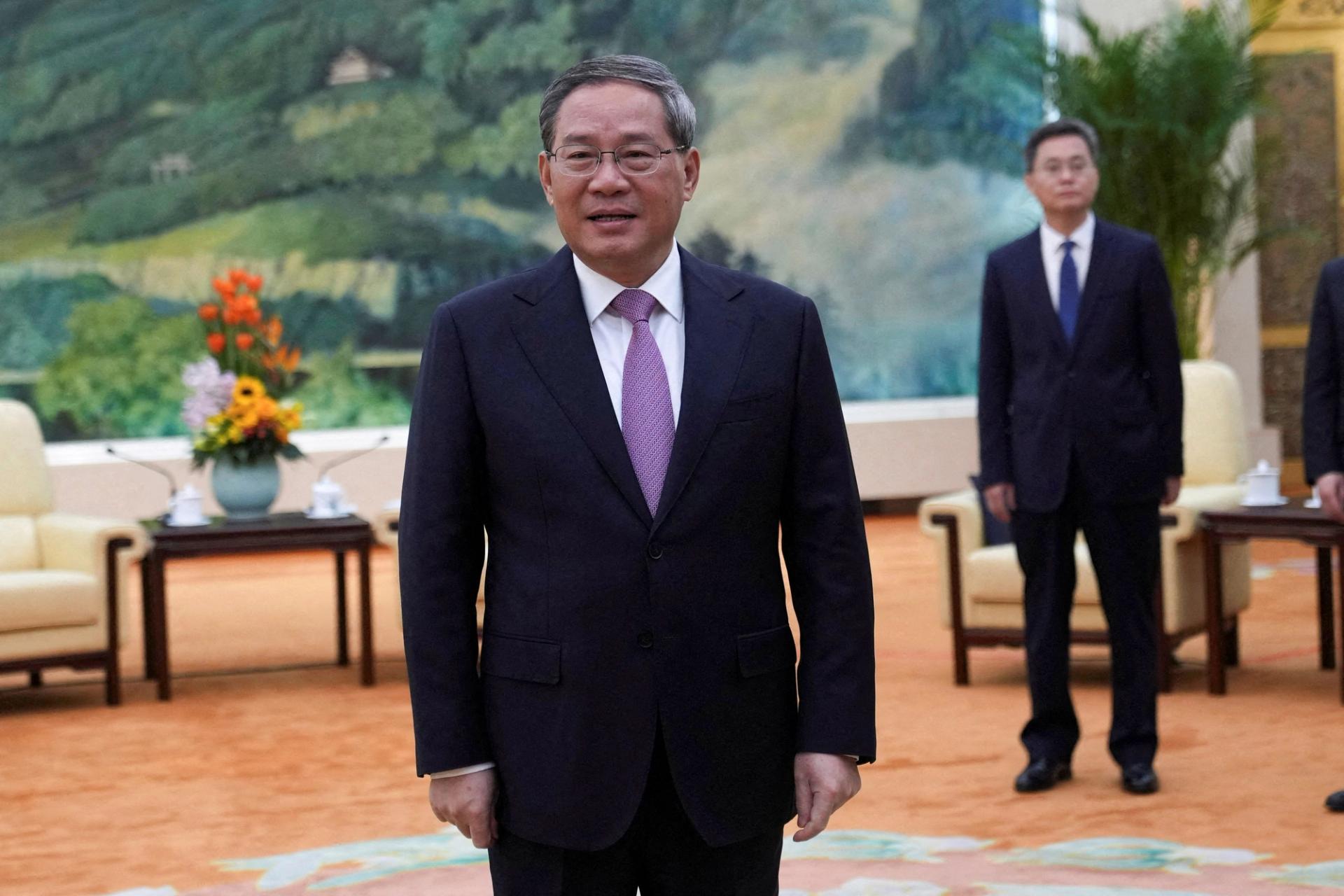The News
Chinese Premier Li Qiang is set to visit Australia in June, the South China Morning Post first reported, a sign Canberra and Beijing are ready to move beyond a trade war that consumed China-Australia relations for years.
Li’s visit to Australia will come after Prime Minister Anthony Albanese visited China in November, the first such visit in seven years.
Products like Australian coal, barley, cotton, beef, and wine have been returning to Chinese shelves in recent months as Beijing has gradually loosened trade restrictions on Australian products, in exchange for Canberra agreeing to imports of Chinese tech.
The two countries’ ties worsened sharply after Australia called for an international investigation into the origins of COVID-19, a move China interpreted as blaming it for starting the pandemic.
SIGNALS
Australians value strong economic gains with China
“The Australian public are firmly behind the change in approach” to China because “the economic benefits from doing so are widely appreciated,” Sydney-based China watcher James Laurenceson wrote for the Australian Financial Review. Beyond trade, the Albanese government’s softening stance on China has also helped secure the release of Australians detained in China, such as journalist Cheng Lei, Laurenceson argued. While some in the government claim that Australia’s best approach is to completely follow U.S. containment policy against China in the Pacific, Australia is ultimately more economically linked to Southeast Asia, he continued: “The consensus is that further improvements in Chinese living standards and integrating it into the broader regional economy is desirable for both prosperity and security.”
China can’t help with weakening prices
Trade will be the primary focus of Li’s visit, but Australian commodities with greater exposure to China — namely iron ore, liquified natural gas (LNG), coal, and lithium — are “struggling more than those without [exposure to China],” Reuters reported. China’s ongoing real estate crisis means there is less construction, explaining softening iron ore prices. Chinese imports of LNG, coal, and lithium are all up, and the drop in prices is instead tied to weaker demand from Europe, which switched to non-Russian energy sources following the invasion of Ukraine but have seen a warmer-than-average winter, softening demand. The “boom period since the invasion of Ukraine is coming to an end,” Reuters wrote, and China can’t singlehandedly help drive up prices.
Expanded Australia-Japan security ties could strain China relations
AUKUS — the trilateral security agreement between Australia, the U.S., and the U.K. — recently said it was considering adding Japan as a partner. But one security researcher told Australia’s SBS News that the expansion of AUKUS could cause “unnecessary” strain on China-Australia relations and threaten attempts to mitigate the trade dispute. Others, however, said that China would be more likely to retaliate against the U.S. and Japan, rather than Australia. “Beijing will be willing to bear its frustration with these little developments with the goal of repairing the Australian relationship,” one economist told SBS.

